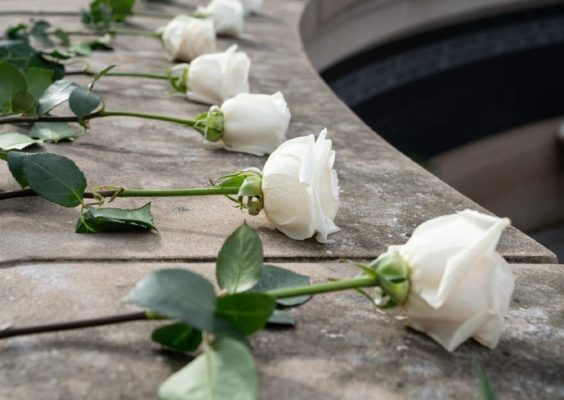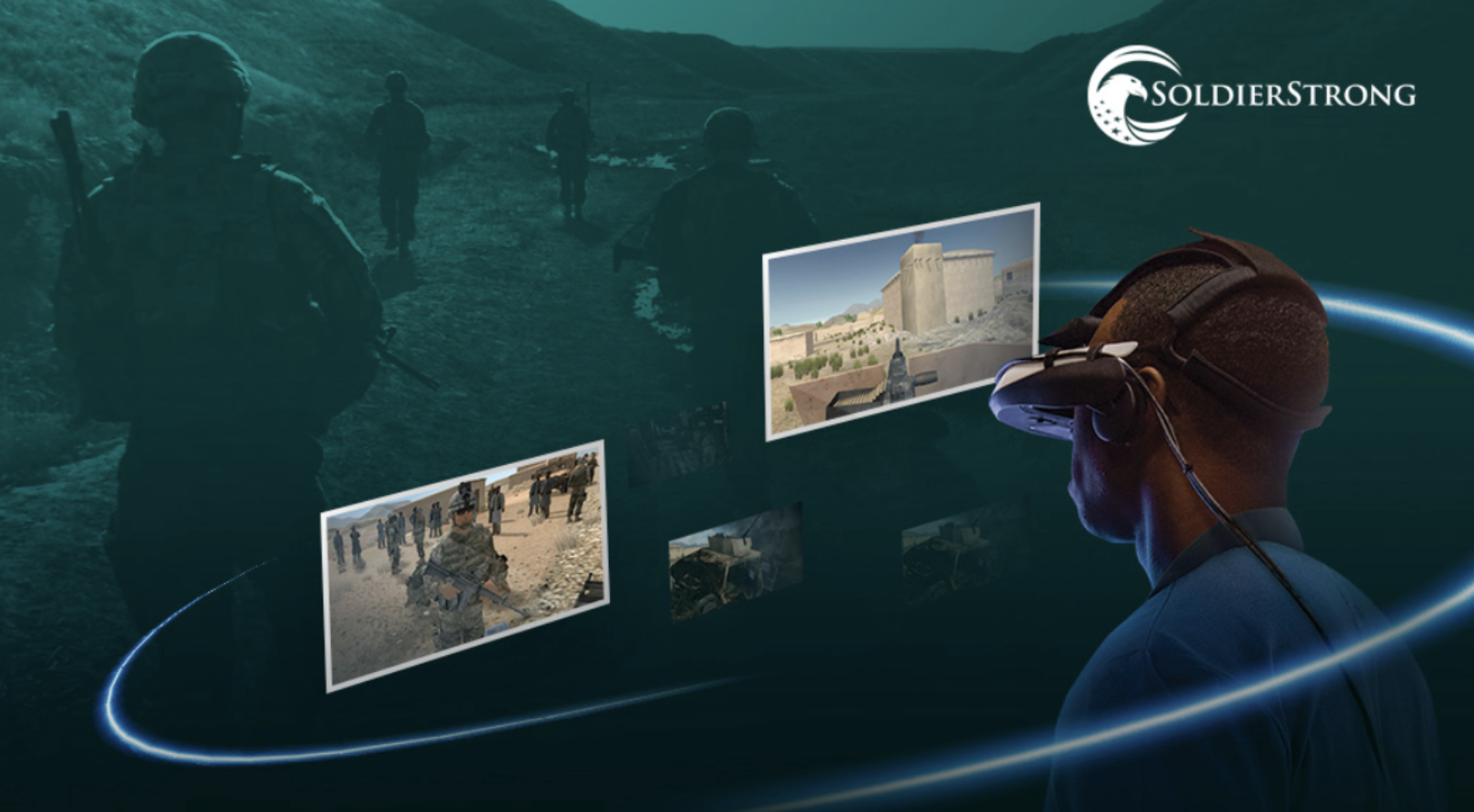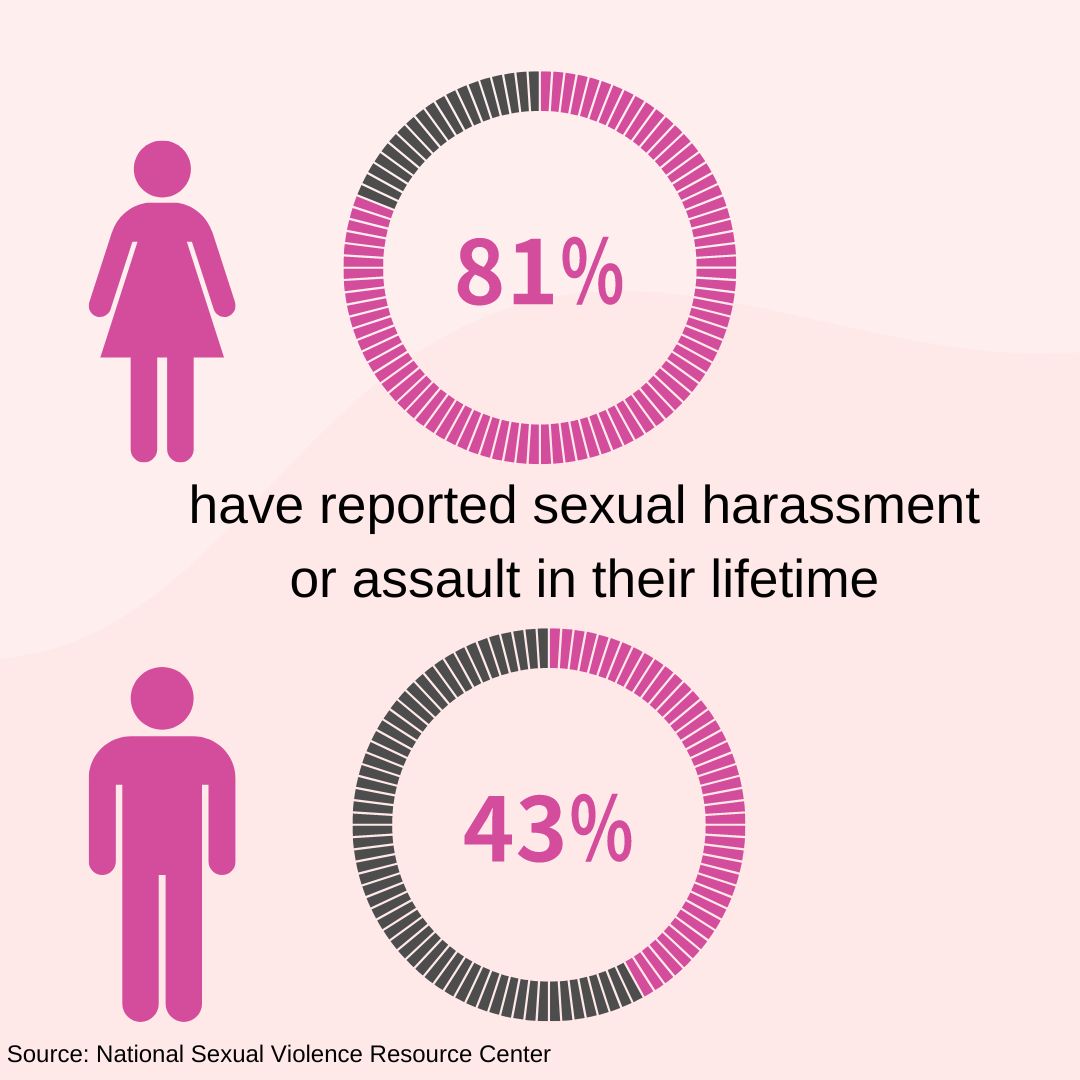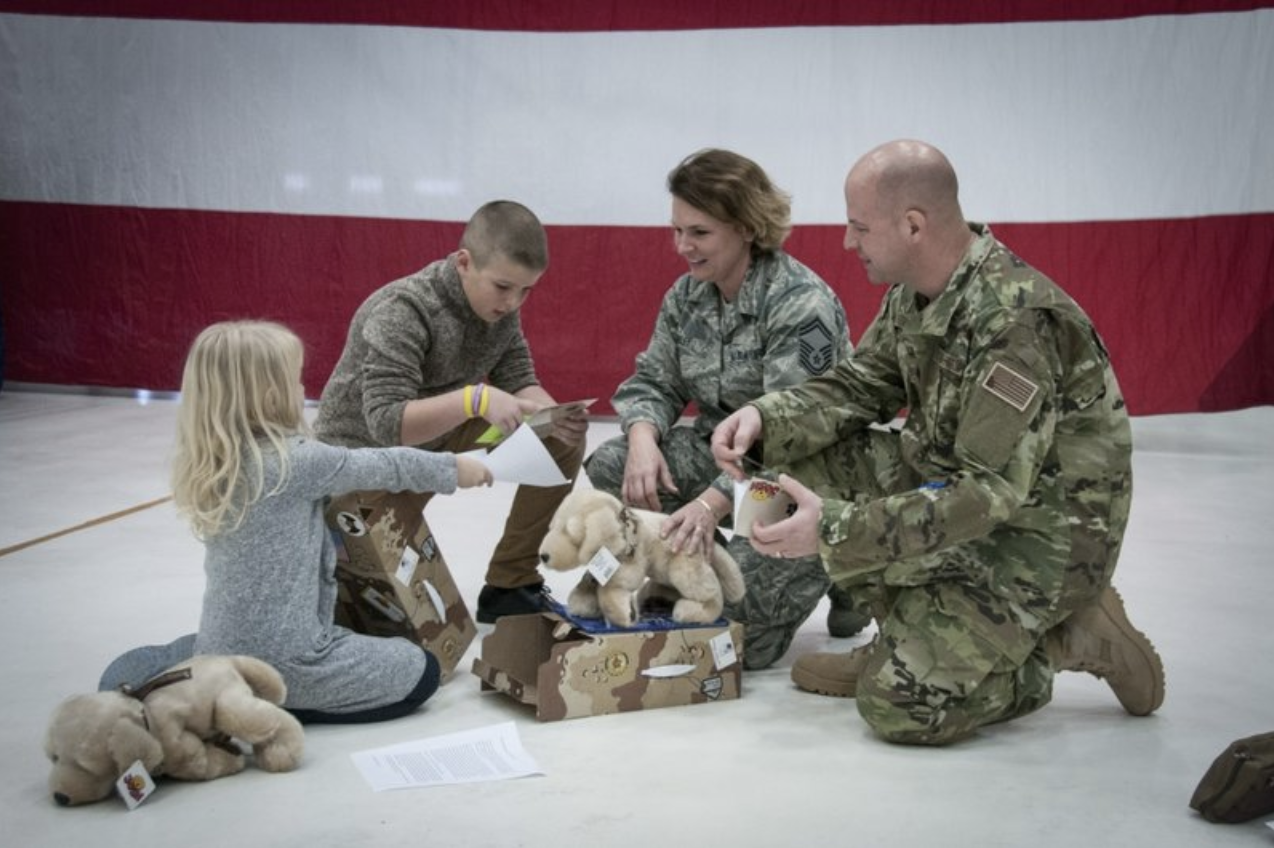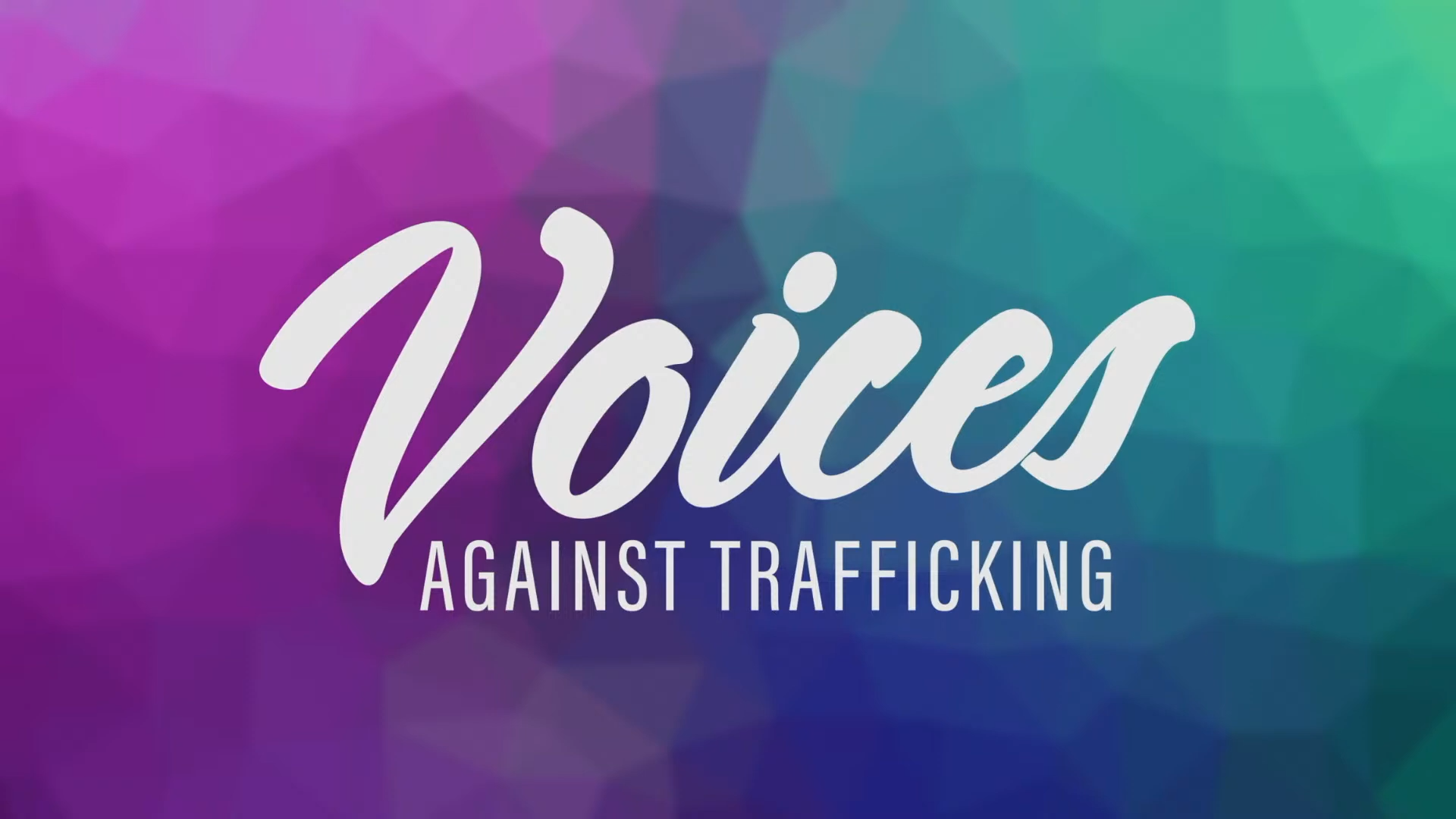Still mourning Flight 103 and the lives they never got to live
In his guest opinion piece titled "Still mourning Flight 103 and the lives they never got to live," published on December 21, 2023, in The Post-Standard, Chris Meek reflects on the enduring impact of the Pan Am Flight 103 tragedy. He emphasizes the profound loss experienced by the families of the 270 victims, including 35 Syracuse University students, whose potential and contributions were tragically cut short. Meek underscores the importance of honoring their memories and the collective responsibility to ensure such acts of terrorism are never forgotten.
National Suicide Prevention Month: Join SoldierStrong’s Efforts to Prevent Veteran Suicide
September is National Suicide Prevention Month. When National Suicide Prevention Month began twenty years ago the death by suicide rate was 30% lower than it is today. Even with a continued reduction in the stigma surrounding seeking mental health treatment and the allocation of $222 million by Congress to the VA to prevent suicide in the past decade, there are still 17 veteran suicides each day. Even just one veteran suicide a day is far too many.
Those Who Cannot Remember the Past
“Those who cannot remember the past, George Santayana wrote famously in his 1905 work, “The Life of Reason, “are condemned to repeat it.” As the 22nd anniversary of the 9/11 terrorist attacks approach, Santayana’s observation seems all too relevant today.
We might not be able to change the world today, but we can change the world around us
It’s funny how a single phrase can influence and even guide the course of a life. For me, that phrase was uttered by my mom. “We might not be able to change the world today, but we can change the world around us,” she would say often as I was growing up.
Fostering A Healthier Relationship With Alcohol
Explore tips for maintaining a healthier relationship with alcohol post-Dry January. The post offers strategies such as understanding your motivations for drinking, practicing mindful consumption, and exploring non-alcoholic alternatives like mocktails. These tips aim to support long-term well-being and balanced alcohol intake.
Nutrition & Lifestyle Tips for Supporting Trauma Recovery
Learn how to support trauma recovery through nutrition and lifestyle changes. The post provides tips such as balancing blood sugar, maintaining gut health, limiting alcohol and caffeine, regular exercise, good sleep hygiene, mindfulness practices, and seeking therapy. These strategies aim to enhance physical and emotional well-being during the healing process.
10 High-Protein Breakfast Ideas That Aren’t Eggs
This article provides ten high-protein breakfast ideas without eggs, including chickpea flour mini-frittatas, smoothies, healthy coffee milkshakes, PB&J sandwiches, nuts with fruit, Greek yogurt or cottage cheese with fruit, overnight oats, and chia seed pudding. Each recipe aims to offer a nutritious, protein-rich start to the day.
Military Families: The Power of Maintaining Balance and Creating New Traditions During the Uncertainty of the Holiday Season
For many, the holiday season is synonymous with laughter, cheer and good tidings, large celebrations and social obligations with family and friends. But for some service members, veterans and their family members, extra anxiety prompted by the holidays’ social activities can escalate stress and sink them into depression and thoughts of suicide as they cope with the effects of a debilitating physical injury or post-traumatic stress (PTS).
Voices Against Trafficking – FORUM
With the unprecedented increase in 21st Century slavery and to help increase global awareness of human trafficking, I want to personally invite you to a very important Zoom event hosted by Voices Against Trafficking(VAT).

